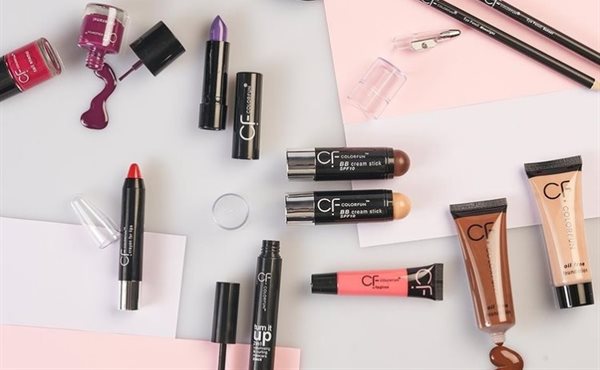Private equity firm Trinitas Equity Partners, together with its partners, has acquired the South African beauty company, Avroy Shlain. According to a statement issued by Trinitas Equity Partners, the competitive seven-month process culminated in a deal that includes a significant management shareholding and two local family offices. Debt facilities have been provided by Investec Private Capital.

Credit: Avroy Shlain via Instagram
The Avroy Shlain business was started by Avroy and Beryl Shlain in 1973 and sold in turn to two large US multinationals, first Sara Lee Corporation in 1993 and then Tupperware Brands Corporation in 2005. This acquisition brings the successful South African direct selling company home, shortly before it celebrates its fiftieth anniversary.
Andrew Hall, one of Trinitas’ founding executives, said that a significant mid-market business like Avroy Shlain was a compelling investment opportunity and a good fit for the Trinitas portfolio and investment strategy.
“Avroy Shlain is a market leader in the personal care industry that offers long-term capital growth and has a history of profitability and predictable cash flows. It offers excellent growth prospects, not least because there are untapped markets in South Africa. The consumer space is an obvious target for us given the emerging middle class. Equally important is the fact that more than 90% of Avroy Shlain products are manufactured locally.”
New CEO
According to Hall, it’s a critical element of a successful Trinitas transaction to align with a strong management team, de-risking the transaction by leveraging their expertise and institutional knowledge. “Not only did we achieve this deal with no staff retrenchments, but we also gained new CEO Justin Hewett, who knows the business well,” said Hall.
Hewett was MD of Avroy Shlain South Africa for five years and then spent a further six years with Tupperware in international roles, culminating in the position of group president for Asia Pacific.
Digitalising direct sales supply chain
Hewett said he was thrilled to return to South Africa and to Avroy Shlain. “Returning to a company I know well with experience gained across multiple emerging markets will enable us to bring best practice to southern Africa. I’m excited to make a difference by introducing global trends that positively impact the direct sales supply chain,” he said.
Having witnessed the rapid digitalisation precipitated by the SARS outbreak throughout Asia in the early to mid-2000s, Hewett says the level of unprecedented growth that resulted is already happening here because of Covid. “One of my first missions is to bring digitalisation to our sales network to enhance their efficiency and enable them to serve more clients better.”
The Avroy Shlain sales network hovers around 100,000 independent beauty advisors, the majority of whom are women representing the country’s demographic. They sell 1 million products per month spanning fragrances, colour cosmetics, skincare and personal care, typically ranging in price from R20 to R399.
In line with the Trinitas geographical focus, the business is predominantly South African with strong representation in Sub-Saharan Africa, specifically Botswana, eSwatini, Lesotho, Mozambique and Namibia. Other countries may be added in the future, but the initial focus will be on South Africa's under-served areas.
Direct-to-consumer appeal
Although Avroy Shlain's year-on-year revenue was largely flat in 2020 compared to 2019, a noticeable pick-up in trading was witnessed in the second half of the calendar year which ended at 16,4% more products sold than the year prior. Hewett attributes this to the appeal of the direct-to-consumer model which suits new shopping and lifestyle habits but says there are other factors at play too.
Hewett added that through lockdown people supported friends and family wherever they could, and consumers were making small but satisfying purchases to pick themselves up despite constrained finances.
“Many people also required alternative revenue streams, so the sales network was more active; this is a hallmark of the business that allows its large sales team to complement their income, or in many cases create a primary income,” he concluded.





































